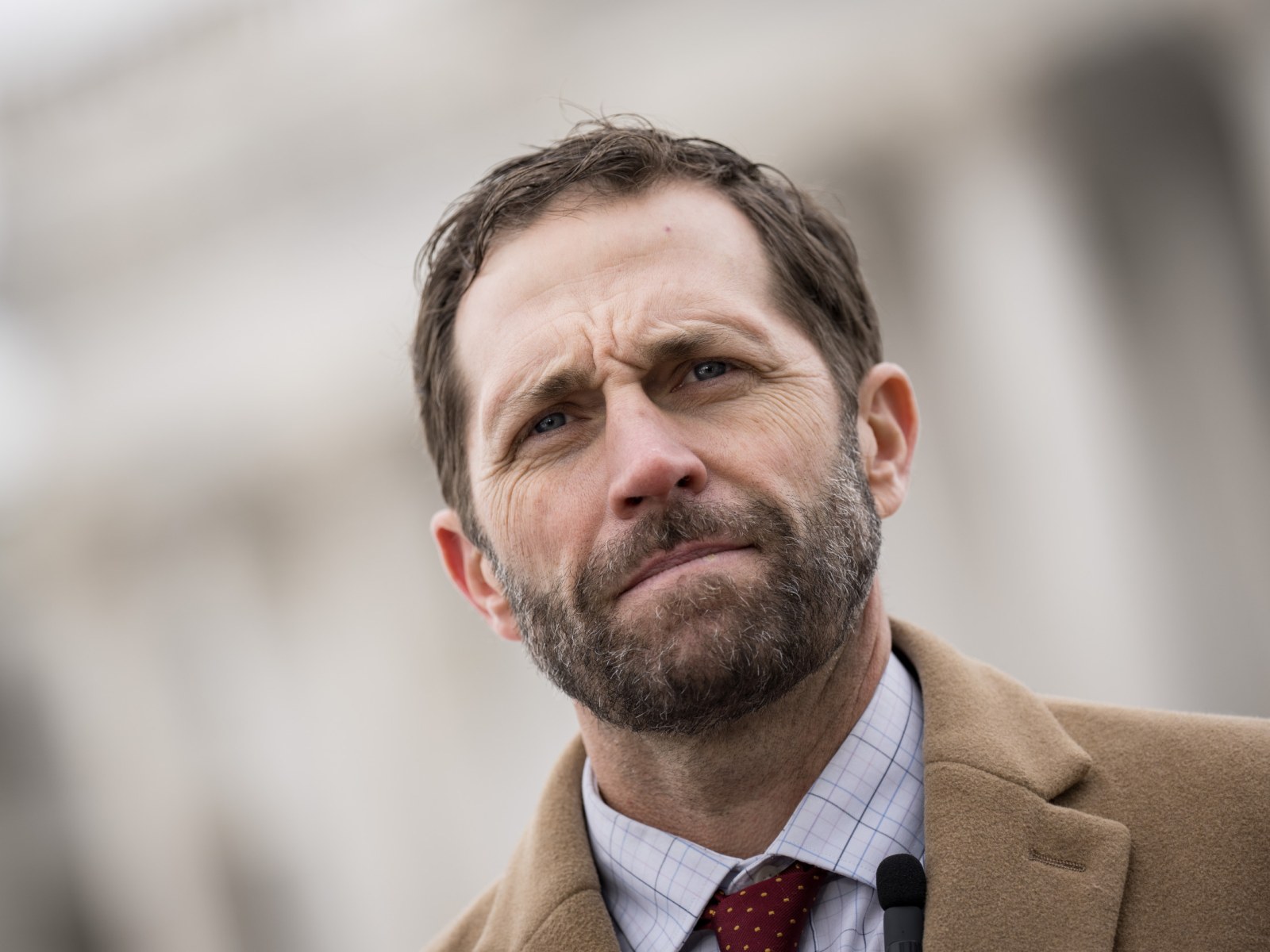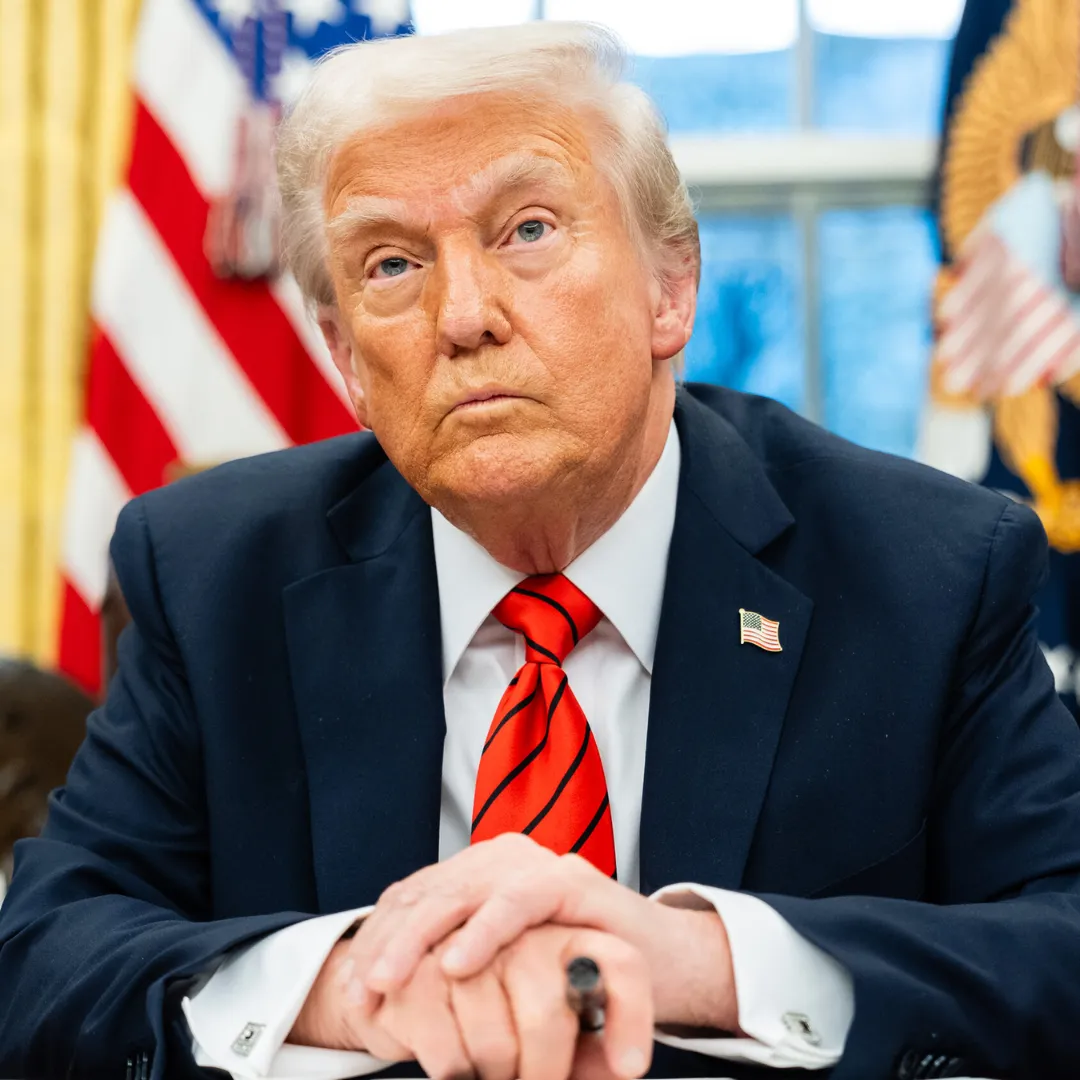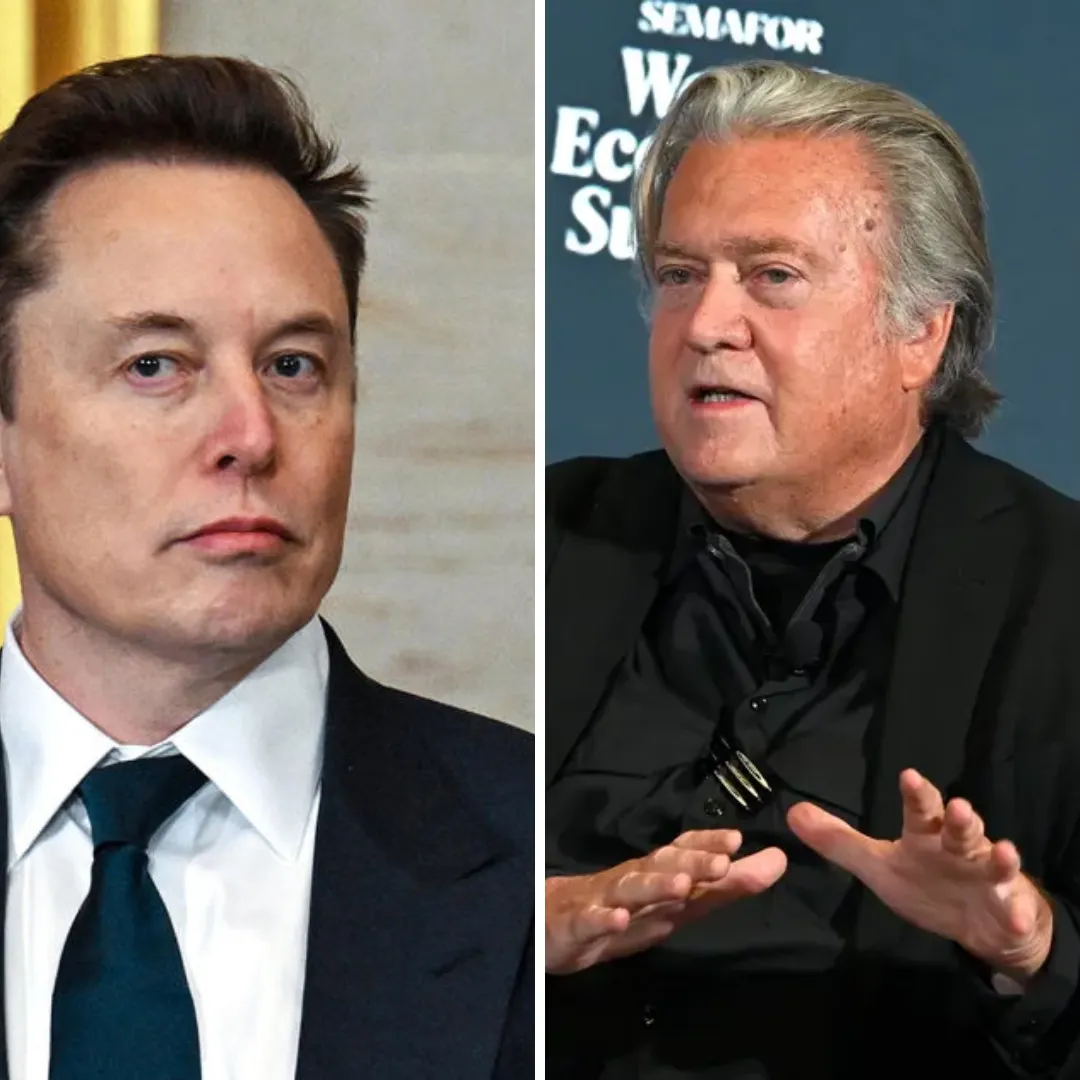
Representative Jake Auchincloss of Massachusetts said in a recent interview that the Democratic Party’s current lack of a clear national leader should not be seen as a liability, but rather an opportunity for ideological openness and inclusive debate.
His remarks come at a time when the party is grappling with declining poll numbers, internal divisions, and widespread uncertainty about its future direction.
Appearing on Fox News during an interview with host Laura Ingraham Thursday night, Auchincloss pushed back on the notion that the absence of a dominant Democratic figurehead is a sign of disorganization or weakness.
“You may think that’s a bad thing,” Auchincloss said. “I disagree. I think that’s a good thing, because what it means is that we are free to debate big ideas without being in an ideological straitjacket.”
The comments arrive as Democrats try to regroup following major losses in the 2024 election cycle. President Donald Trump returned to the White House after defeating Vice President Kamala Harris, and Republicans now control both chambers of Congress.
With no obvious heir apparent at the top of the Democratic ticket, some members of the party are growing increasingly restless, while others see the current leadership vacuum as a necessary period of reflection and recalibration.
Within the party, multiple camps have emerged. Progressive leaders such as Senator Bernie Sanders of Vermont and Representative Alexandria Ocasio-Cortez of New York continue to draw large crowds at rallies and events, rallying supporters around a platform of economic justice, climate action, and systemic reform.
Meanwhile, more centrist Democrats have argued that the party’s embrace of far-left ideas may be alienating moderate voters, especially in swing districts.

Auchincloss, considered a moderate voice within the party, used the interview to advocate for a structural overhaul of the electoral system to better reflect the views of the political center.
“We should do what Alaska and Louisiana have done, both red states, and allow every voter and every candidate to participate in every taxpayer-funded election,” he said. “That way you empower the median voter. That’s the big idea the Democrats should be focused on.”
The Massachusetts lawmaker was referring to the open and nonpartisan primary systems used in Alaska and Louisiana—both of which diverge from the traditional partisan primaries that dominate much of the United States.
In Louisiana, the state has used a unique election model since the 1970s that places all candidates—regardless of party affiliation—on the same primary ballot. If no candidate secures more than 50 percent of the vote, the top two finishers advance to a runoff, even if both are from the same party.
While this method has yielded unexpected outcomes in the past, it has also been criticized by some who argue it weakens party cohesion and complicates national strategy.
In 2023, Louisiana lawmakers voted to roll back parts of that system. Starting in 2026, the state will hold closed primaries for congressional races, which will restrict participation to registered members of each political party.
Alaska’s experiment with electoral reform is more recent. Following a narrow voter-approved ballot measure in 2020, the state adopted a ranked-choice voting system beginning in 2022. Under this model, voters rank candidates in order of preference. If no candidate receives an outright majority of first-choice votes, an instant runoff is triggered.

The candidate with the fewest first-choice votes is eliminated, and their votes are redistributed according to the voters’ next preferences. This process continues until a candidate earns a majority.
Supporters of the ranked-choice model argue that it encourages broader coalitions, reduces negative campaigning, and allows voters to express nuanced preferences. Critics claim it creates confusion, delays results, and leads to unpredictable outcomes.
Among the critics is Representative Nick Begich, Alaska’s lone member in the House of Representatives. Despite winning his seat through the ranked-choice process, Begich introduced legislation this week aimed at banning ranked-choice voting in federal elections across all states.
“‘One person, one vote’ is a proven, tried and true method that is easy to understand, easy to audit, and quick to report,” Begich said in a statement on Monday. “Experiments with our national election systems risk disenfranchisement of voters and lead to outcomes that do not represent the true will of the American people.”
The debate over electoral reform comes at a moment of deep introspection for the Democratic Party. The unexpected defeats in 2024 have left many wondering what the party stands for and how it plans to move forward in the absence of a unifying figure.
Some say this lack of central leadership is exactly what is needed to foster new ideas and encourage democratic experimentation. Others fear it creates a vacuum that will be filled by louder and more extreme voices.
Auchincloss, however, remained firm in his belief that the party’s internal diversity is a strength. He dismissed the idea that Democrats should rush to rally around a new national standard-bearer and instead urged his colleagues to embrace the messy process of reinvention.
“When everyone’s following one leader, debate can disappear,” he said. “What we need now is healthy, open disagreement—and reforms that empower voters, not political machines.”
Auchincloss’s suggestion to adopt more open, nonpartisan election models reflects a growing interest among Democrats in reforms aimed at depolarizing the electorate and making elected officials more accountable to a broader segment of voters.
Still, such reforms face major resistance. In Louisiana, efforts to preserve the state’s open system have been rolled back as Republicans seek to strengthen partisan control. In Congress, even proposals to study ranked-choice voting have drawn skepticism, especially from GOP lawmakers who view the reforms as either unnecessary or politically motivated.
At the same time, the Democratic Party remains under pressure to define its post-2024 identity. With Trump once again in the Oval Office and Republicans controlling the legislative agenda, Democrats are confronting tough questions about how to organize, fundraise, and inspire their base without a central figure to guide the way.
Progressives continue to advocate for bold policies, such as Medicare for All, the Green New Deal, and student debt forgiveness. Centrists counter that the party needs to focus on bread-and-butter issues such as inflation, crime, and education in order to regain support in suburban and rural districts.
Auchincloss’s proposal for structural reform attempts to chart a third path—one focused less on ideology and more on institutional change.
“Let’s empower voters to choose the candidates they actually want, not the ones who survive a partisan primary,” he said. “Let’s give people more choices, and more voice.”
Whether or not his vision gains traction, the conversation around reform and leadership is unlikely to go away soon. For now, the Democratic Party remains in a period of uncertainty, with no single figure leading the charge and no clear consensus on the road ahead.

But according to Auchincloss, that might not be such a bad thing. “We’re a party of ideas,” he said. “And it’s time we start acting like it.”



